China's property sector may slightly recover from the downturn due to easing policies while debt pressure remains, experts said.
After the government started a deleveraging campaign in 2020 to control borrowing among highly indebted developers, the real estate sector has suffered from liquidity tension, weighed by weak demand after the pandemic outbreak.
However, there have been some easing policies issued recently to help stabilize the vast industry and more to expect in 2022, Wang Tao, chief China economist at UBS, said on Monday at a media briefing.
In early February, China's central bank announced bank loans to fund low-cost rental projects will no longer be subject to regulatory curbs, which required banks to trim their loan exposure to the property sector to a certain level.
Moreover, banks were also urged to speed up mortgage approvals. More lower-tier cities have relaxed curbs on housing purchases and lowered the threshold for down payments.
This year, real estate-related credit will be more friendly than that of last year, including easing credit for developers and home buyers, but the government made it clear that there will not be a large-scale stimulus, Wang said, forecasting the property investment will drop by 5 percent year-on-year in 2022.
The Chinese government will implement city-specific policies to help the healthy development of the property sector, according to the government work report delivered by Premier Li Keqiang on Saturday.
Li again reiterated that "housing is for living, not for speculation," suggesting there is no plan for a large-scale easing or stimulus for the property sector.
Meanwhile, the government work report did not mention the "property tax." A Nomura research note said that indicates the government is in no rush in this regard, with growth headwinds lingering.
Wang predicted that the long-mooted property tax will not be launched this year.
Although with signs of improvements, pressure looms for both developers and local governments.
Despite some defaults last year, Chinese real estate developers are faced with enormous amounts of debt maturing this year.
Chinese real estate developers have $117 billion worth of debt maturing in 2022, with $36 billion of those denominated in U.S. dollars, Reuters reported on January 19, quoting Refinitiv data.
It is possible to see some defaults in the coming months but the whole industry will be fine after some adjustment, Wang said.
For local governments, even with the planned 18 percent increase (1.5 trillion yuan) in transfer from the central government to local governments, Nomura expected many local governments in lower-tier cities to face severe financial difficulties due to slumping revenues from property sector-related taxes and land sales.












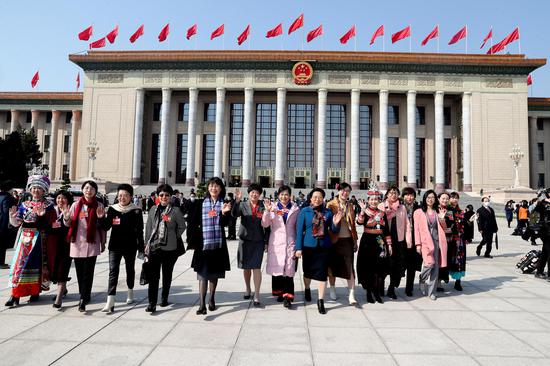
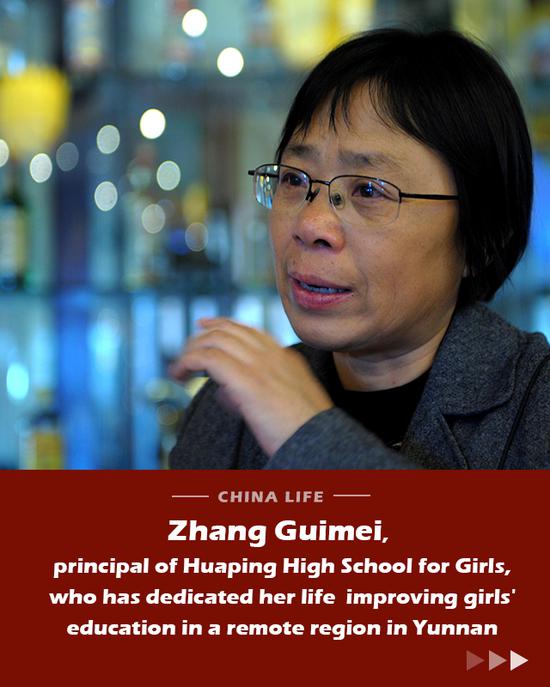
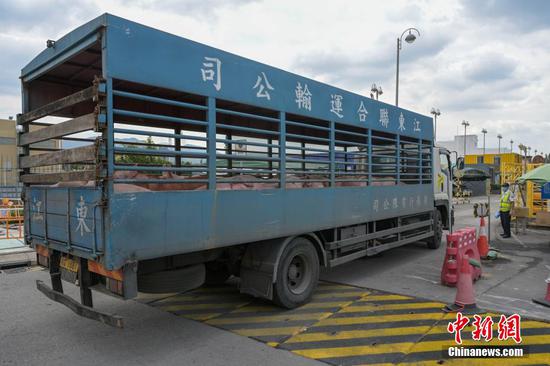

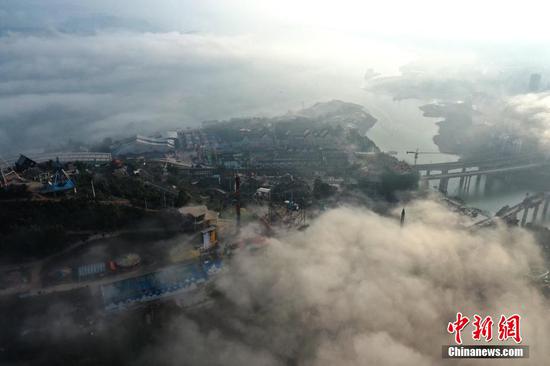

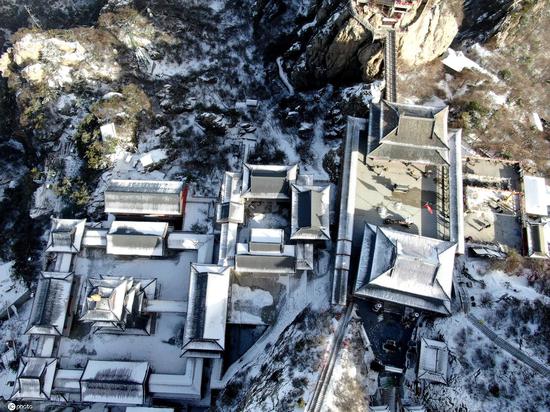



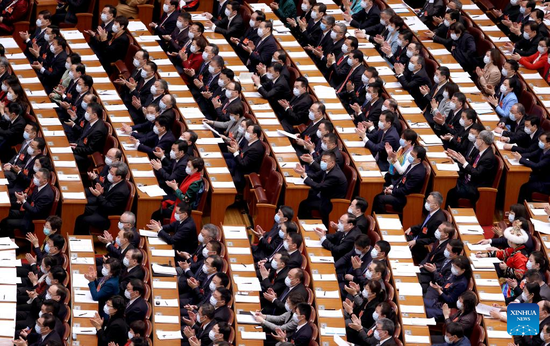

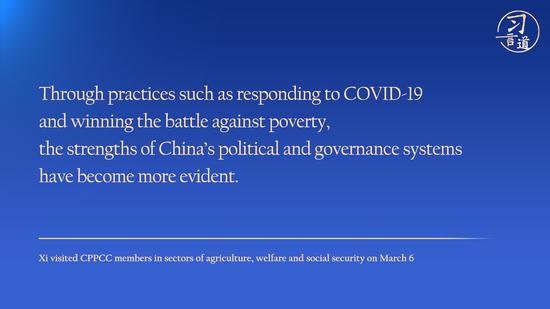
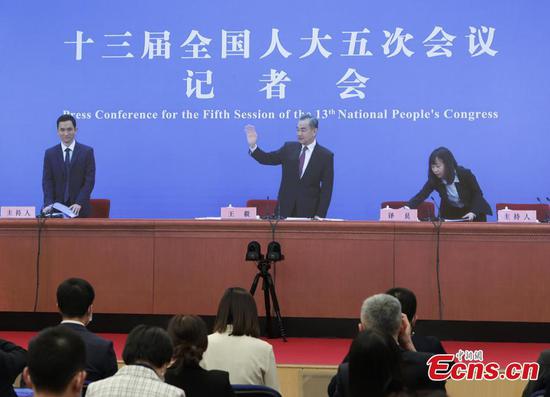
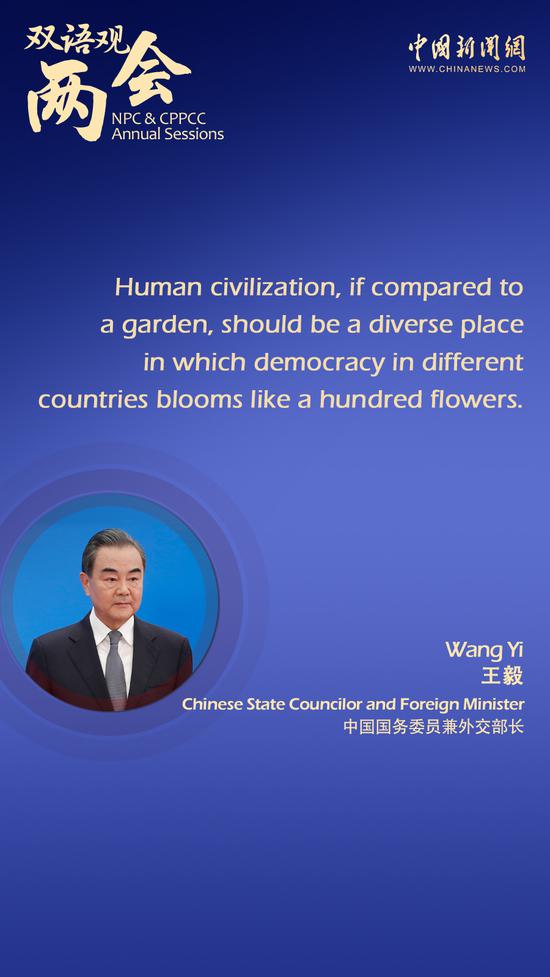
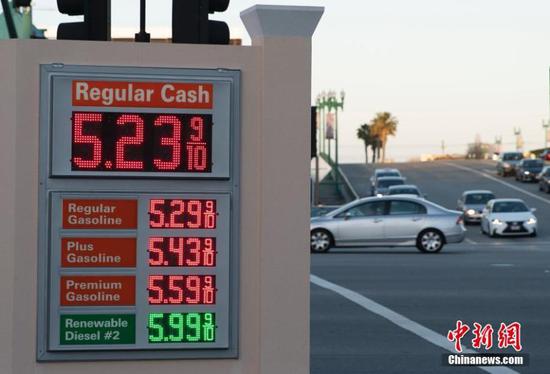
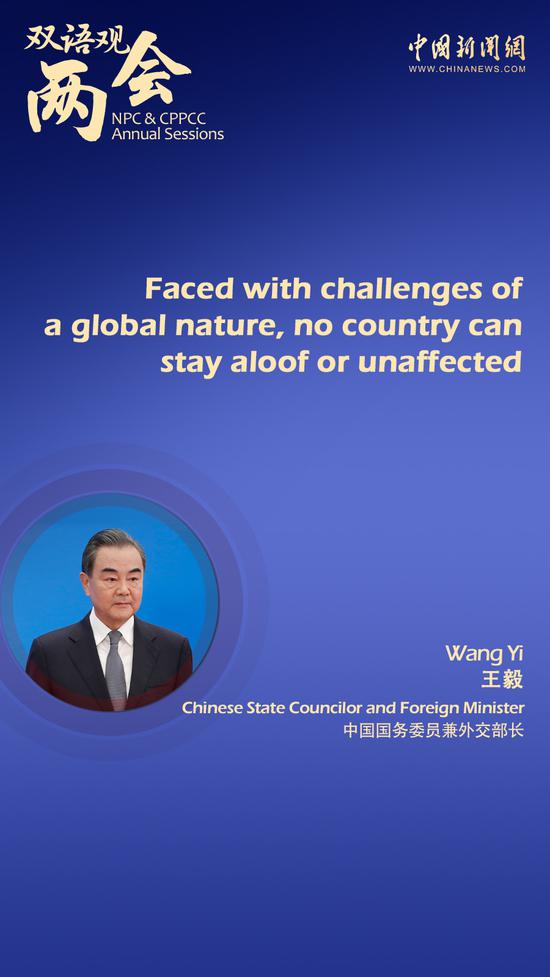
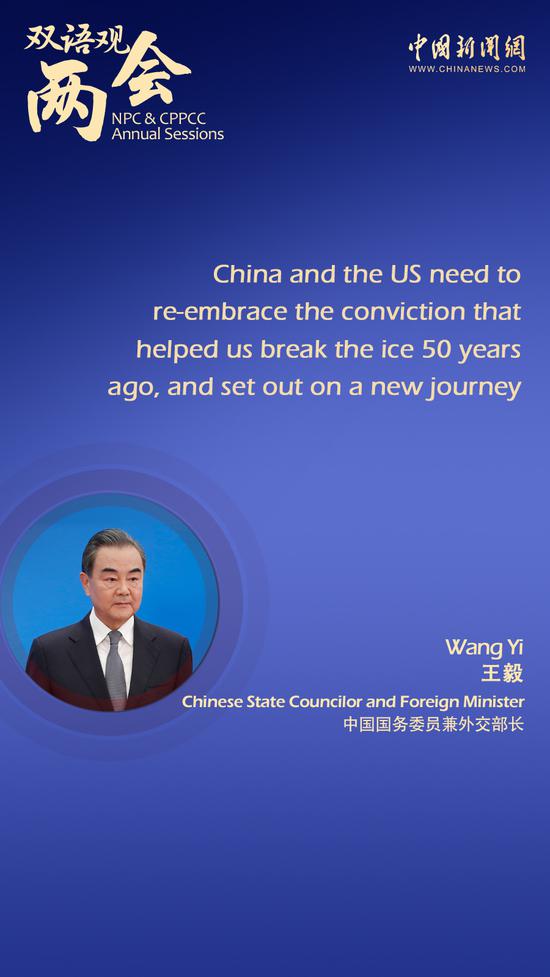
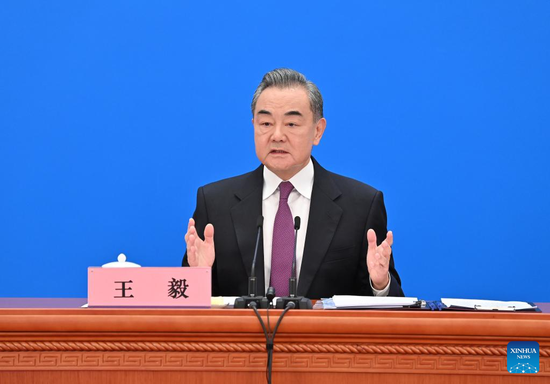
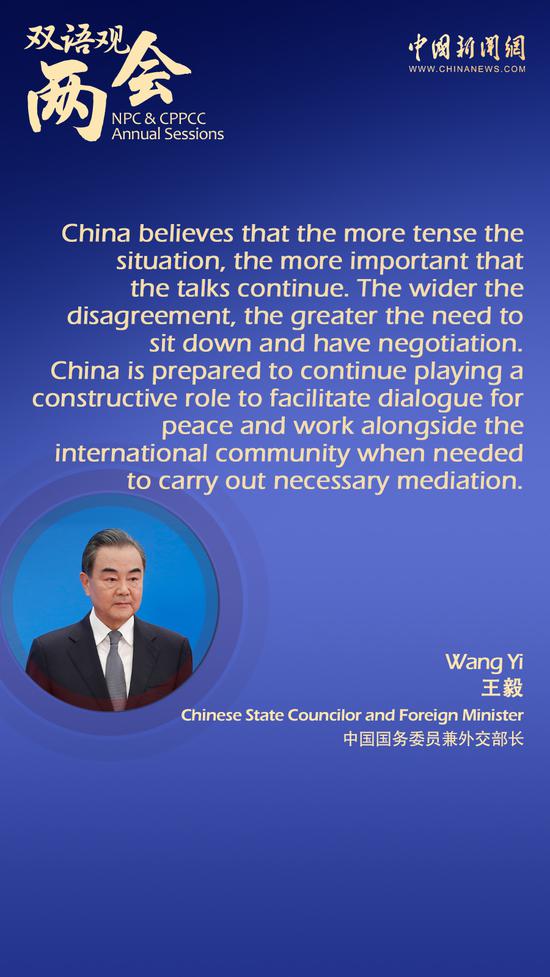
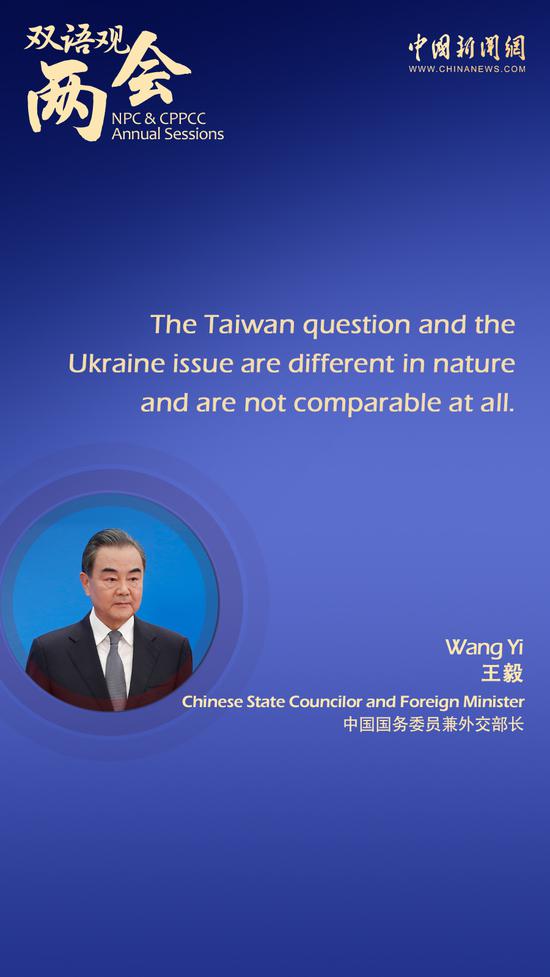
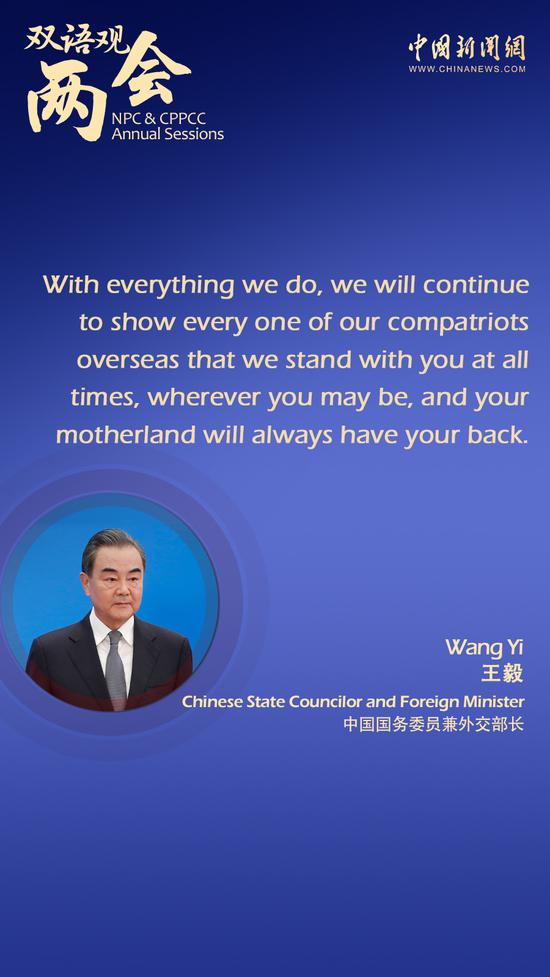
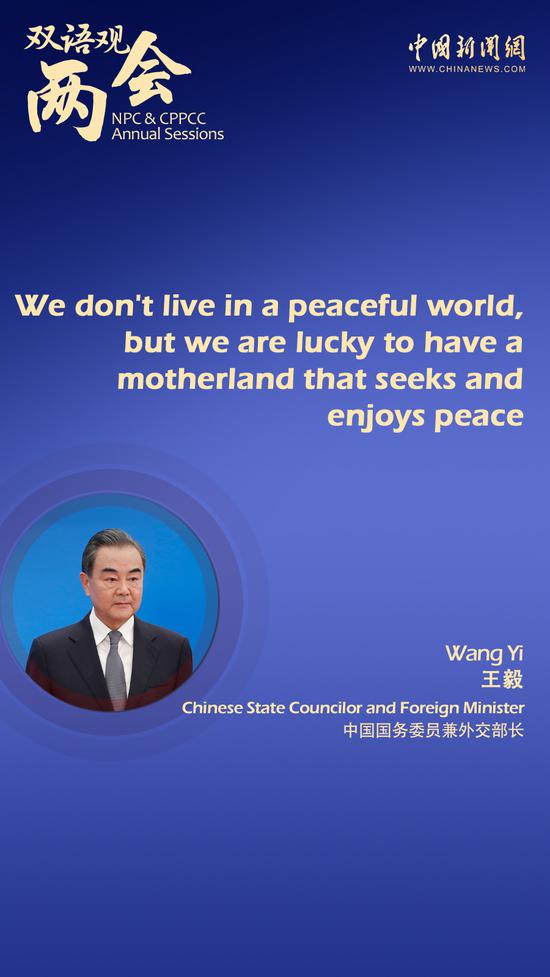




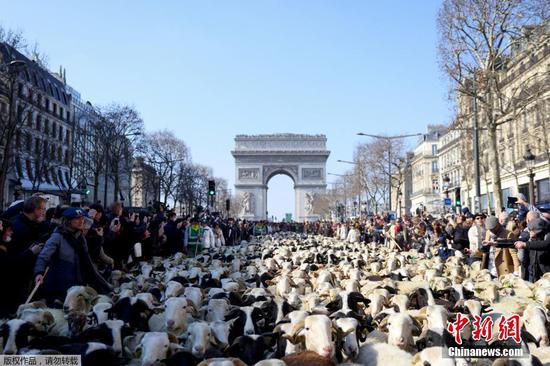



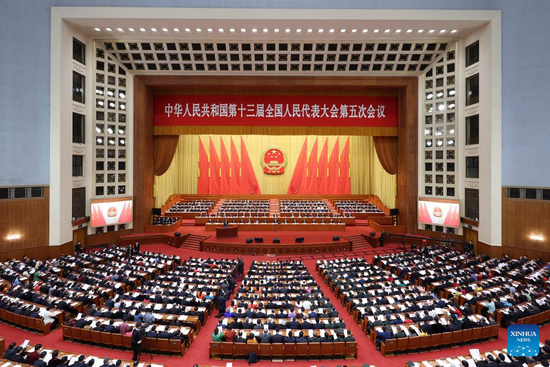






 京公网安备 11010202009201号
京公网安备 11010202009201号